TYPES OF ARBITRAGE
1. PURE ARBITRAGE
Pure arbitrage refers to the investment strategy above, in which an investor simultaneously buys and sells a security in different markets to take advantage of a price difference. As such, “arbitrage” and “pure arbitrage” are often used interchangeably.
Ultimately, pure arbitrage is a strategy in which an investor takes advantage of inefficiencies within the market.
2. MERGER ARBITRAGE
Merger arbitrage is a type of arbitrage related to merging entities, such as two publicly traded businesses. Generally speaking, a merger consists of two parties: the acquiring company and its target. If the target company is a publicly traded entity, then the acquiring company must purchase the outstanding share of said company.
In most cases, this is at a premium to what the stock is trading for at the time of the announcement, leading to a profit for shareholders. As the deal becomes public, traders looking to profit from the deal purchase the target company’s stock—driving it closer to the announced deal price.
The target company’s price rarely matches the deal price; however, it often trades at a slight discount. This is due to the risk that the deal may fall through or fail. Deals can fail for several reasons, including changing market conditions or refusing the deal by regulatory bodies, such as the Federal Trade Commission (FTC) or the Department of Justice (DOJ).
In its most basic form, merger arbitrage involves an investor purchasing shares of the target company at its discounted price, then profiting once the deal goes through. Yet, there are other forms of merger arbitrage. For example, an investor who believes a deal may fall through or fail might choose to short shares of the target company’s stock.
3. CONVERTIBLE ARBITRAGE
Convertible arbitrage is a form of arbitrage related to convertible bonds, also called convertible notes or convertible debt. A convertible bond is, at its heart, just like any other bond: It’s a form of corporate debt that yields interest payments to the bondholder.
The primary difference between a convertible bond and a traditional bond is that, with a convertible bond, the bondholder has the option to convert it into shares of the underlying company later, often at a discounted rate. Companies issue convertible bonds because doing so allows them to offer lower interest payments.
Investors who engage in convertible arbitrage seek to take advantage of the difference between the bond’s conversion price and the current price of the underlying company’s shares. This is typically achieved by taking simultaneous positions—long and short—in the convertible note and underlying shares of the company. Which positions the investor takes and the ratio of buys and sells depends on whether the investor believes the bond to be priced. In cases where the bond is cheap, they usually take a short position on the stock and a long position on the bond. On the other hand, if the investor believes the bond to be overpriced, or rich, they might take a long position on the stock and a short position on the bond.
Contact Us
Legal
- Compliance
- Data Privacy
- Anti Money Laundering
- SEC Filings
- Subscription Agreement
- Terms & Conditions
- KYC Process
- Operations Agreement
- Private Placement
- Code of Ethics
Arbtrust LLC is a Company based in Florida. Any prospective investors that wish to subscribe units of the Abrtrust LLC operations should contact us through the contact form. This website is not an offer to buy or sell, nor is it a solicitation of an offer to buy or sell, the Units or any other security or to participate in any advisory services or trading strategy. Any offering or solicitation will be made only to certain qualified investors who are “accredited investors” as defined under Regulation D of the Securities Act, and any investments by U.S. persons will only be permitted to potential investors who demonstrate that status. Investors in the Shares must have the financial ability, sophistication, experience, and willingness to bear the risks of such investment.
Arbtrust Venture LLC (the “fund”) operates pursuant to SEC rule 506(b) of regulation D. The membership interests of the fund have not been registered under the securities act of 1933 (the “securities act”), or the securities laws of any state. Abrtrust performs arbitrage in the negotiation of digital assets, the simultaneous buy and sell of a specific asset taking advantage of the fluctuation of the price of the same asset; and also invests in international private companies.
Historical returns, economic, market or other performance it is not an indication of future results. Potential investors must have the financial ability, sophistication, experience, and willingness to bear the risks of an investment.
Any potential investments made in the company involve risk. Potential investors should carefully consider the long term nature of an investment in the Units prior to making an investment decision. Units of the company are not insured by the FDIC.
TO REGISTER FOR ACCESS TO INVESTMENT MATERIALS.THIS CONFIDENTIAL DOCUMENT DOES NOT CONSTITUTE AN OFFER TO SELL OR ADVISE, IS FOR INFORMATIONAL PURPOSES ONLY WITH NO WARRANTY MADE EXPRESS OR IMPLIED TO ITS ACCURACY. ACCREDITED INVESTORS ONLY.

